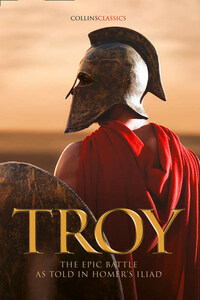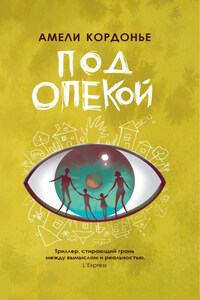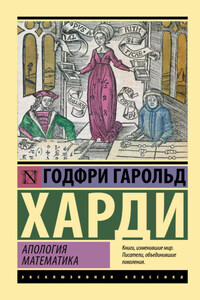William Collins
An imprint of HarperCollinsPublishers
1 London Bridge Street
London SE1 9GF
www.4thEstate.co.uk
This eBook published in Great Britain by William Collins in 2018
Life & Times section © HarperCollinsPublishers Ltd
Gerard Cheshire asserts his moral rights as author of the Life & Times section
Classic Literature: Words and Phrases adapted from Collins English Dictionary
Cover image © Shutterstock
A catalogue record for this book is available from the British Library
All rights reserved under International and Pan-American Copyright Conventions. By payment of the required fees, you have been granted the non-exclusive, non-transferable right to access and read the text of this e-book on-screen. No part of this text may be reproduced, transmitted, down-loaded, decompiled, reverse engineered, or stored in or introduced into any information storage and retrieval system, in any form or by any means, whether electronic or mechanical, now known or hereinafter invented, without the express written permission of HarperCollins
Source ISBN: 9780008275952
Ebook Edition © August 2017 ISBN: 9780008275969
Version: 2018-02-20
In 1819, millworker William Collins from Glasgow, Scotland, set up a company for printing and publishing pamphlets, sermons, hymn books, and prayer books. That company was Collins and was to mark the birth of HarperCollins Publishers as we know it today. The long tradition of Collins dictionary publishing can be traced back to the first dictionary William co-published in 1825, Greek and English Lexicon. Indeed, from 1840 onwards, he began to produce illustrated dictionaries and even obtained a licence to print and publish the Bible.
Soon after, William published the first Collins novel; however, it was the time of the Long Depression, where harvests were poor, prices were high, potato crops had failed, and violence was erupting in Europe. As a result, many factories across the country were forced to close down and William chose to retire in 1846, partly due to the hardships he was facing.
Aged 30, William’s son, William II, took over the business. A keen humanitarian with a warm heart and a generous spirit, William II was truly ‘Victorian’ in his outlook. He introduced new, up-to-date steam presses and published affordable editions of Shakespeare’s works and ThePilgrim’s Progress, making them available to the masses for the first time.
A new demand for educational books meant that success came with the publication of travel books, scientific books, encyclopedias, and dictionaries. This demand to be educated led to the later publication of atlases, and Collins also held the monopoly on scripture writing at the time.
In the 1860s Collins began to expand and diversify and the idea of ‘books for the millions’ was developed, although the phrase wasn’t coined until 1907. Affordable editions of classical literature were published, and in 1903 Collins introduced 10 titles in their Collins Handy Illustrated Pocket Novels. These proved so popular that a few years later this had increased to an output of 50 volumes, selling nearly half a million in their year of publication. In the same year, The Everyman’s Library was also instituted, with the idea of publishing an affordable library of the most important classical works, biographies, religious and philosophical treatments, plays, poems, travel, and adventure. This series eclipsed all competition at the time, and the introduction of paperback books in the 1950s helped to open that market and marked a high point in the industry.
HarperCollins is and has always been a champion of the classics, and the current Collins Classics series follows in this tradition – publishing classical literature that is affordable and available to all. Beautifully packaged, highly collectible, and intended to be reread and enjoyed at every opportunity.
Homer, to whom The Iliad and The Odyssey are attributed, is thought to have been writing at around 800–900 BC, and the poems are thought to mark the beginnings of Western literature, almost 3,000 years ago. Many believe that they were not written by one person and that several were responsible for composing the poems. Both worksare essentially very lengthy poems or, more accurately, lyrics or rhapsodies as they would originally have been performed in song in Ancient Greece.
Homer lived on the Aegean coast of what is now Turkey, but was then a part of the Greek Empire. The Ancient Greek cosmology was filled with mythological stories that were taught to children by way of explaining the world around them. All manner of gods and monsters were central to the stories and the Greek islands and mountains served as realms in which different scenarios were played out. Intertwined with the mythology were legendary tales of significant historical characters, loosely based on truth. This all added up to a complex and vast folklore. It was this folklore that Homer, either in the individual or collective sense, drew from in his epic poems, which include the








